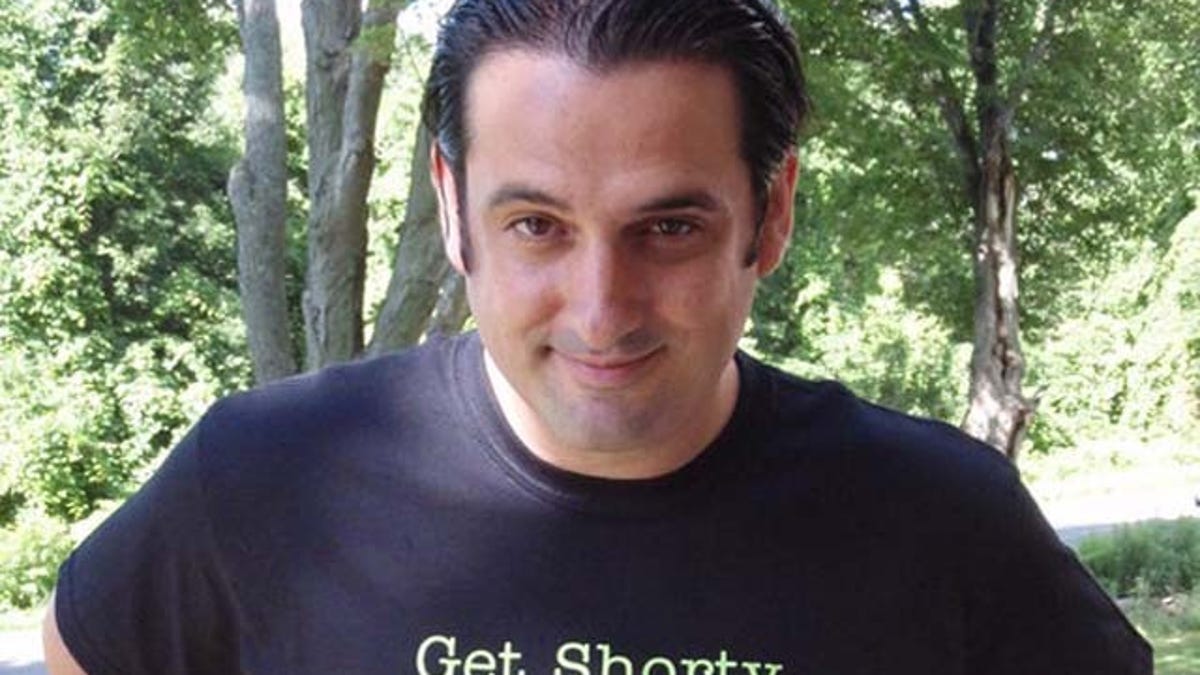Facebook wins another round against Paul Ceglia
More legal woes for man who claims Mark Zuckerberg signed a contract that gives him half of Facebook. Judge in civil suit allows a report that appears to show the contract was altered.

As if Paul Ceglia, the man claiming to own half of Facebook who was arrested on fraud charges last week, didn't have enough trouble, his civil lawsuit against the social-networking company ran aground this week.
A federal judge in New York allowed Facebook to present what appears to be a damning forensics report that concludes the purported "contract" giving Ceglia part ownership of Facebook was altered.
U.S. Magistrate Judge Leslie Foschio on Wednesday ruled that excluding an expert witness report about the authenticity of the documents -- which Ceglia had requested -- was a "drastic remedy" that was inappropriate here.
Ceglia's 2010 lawsuit claims he hired Zuckerberg through a Craigslist ad in 2003 to write code for a project called StreetFax and paid Zuckerberg $1,000 for coding work; he also allegedly invested $1,000 in Zuckerberg's The Face Book project, which he claims gives him a 50 percent interest in the company.
The report prepared for Facebook by forensic document examiner and handwriting expert Gus Lesnevic analyzed differences between multiple versions of the purported contract. Lesnevich identified 20 dissimilarities among the four images, all found on page 1 of the purported contract, including evidence that the typeface had been changed and the slant and slope of the letters were different.
In addition, Lesnevich said, a purported signature by Facebook CEO Mark Zuckerberg showed evidence of "changes in direction, hesitation, unnatural writing movement, poor line quality, angular writing movements, differences in letter formation and design, and beginning stroke dissimilarities" compared to a valid Zuckerberg signature.
Here's an excerpt from Foschio's opinion:
For example, one of the "slant/slope dissimilarities" Lesnevich observed was that in "the word 'May' in the questioned handwritten interlineations... the legs of the letter "M" run parallel to each other on Exhibits Q-1 and Q-2. However, on Exhibits Q-3 and Q-4, the legs of the letter "M" do not run parallel to each other." Initial Report at 3-4 and Fig. 2 at 6. With regard to letter spacing or placement on the document, Lesnevich "examined the number '2003' in the questioned handwritten interlineations and found that the space between the numeral '2' and the numeral '0' on Exhibits Q-1 and Q-2 is significantly smaller than the space between the numeral '2' and the numeral '0' on Exhibits Q-3 and Q-4." Initial Report at 15 and Fig. 12 at 18.U.S. Attorney Preet Bharara alleged in the criminal charges filed last week that Ceglia inserted a fake page into a contract signed by him and Zuckerberg to give the appearance that Zuckerberg promised Ceglia 50 percent ownership in the company. Ceglia also allegedly made up fake e-mails that illustrated Zuckerberg offering Ceglia money and discussing Facebook details.
Federal investigators searched Ceglia's hard drives and found the original contract between Zuckerberg and Ceglia, which they reported "does not refer to Facebook in any fashion, let alone give Ceglia a 50 percent interest in it," according to the Justice Department.
CNET's Donna Tam contributed to this report

